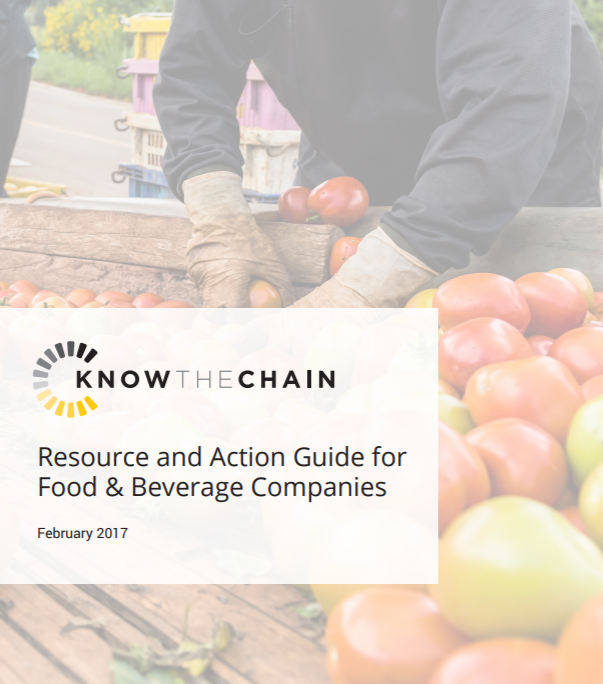Modern Slavery Bill: Strengthening Transparency in Supply Chains (TISC)
News & AnalysisGuidanceThe forthcoming Modern Slavery Bill, announced in the 2022 Queen’s Speech, presents a significant opportunity for the UK Government to implement its outstanding commitments in relation to strengthening Transparency in Supply Chains (TISC) provisio...Read More

